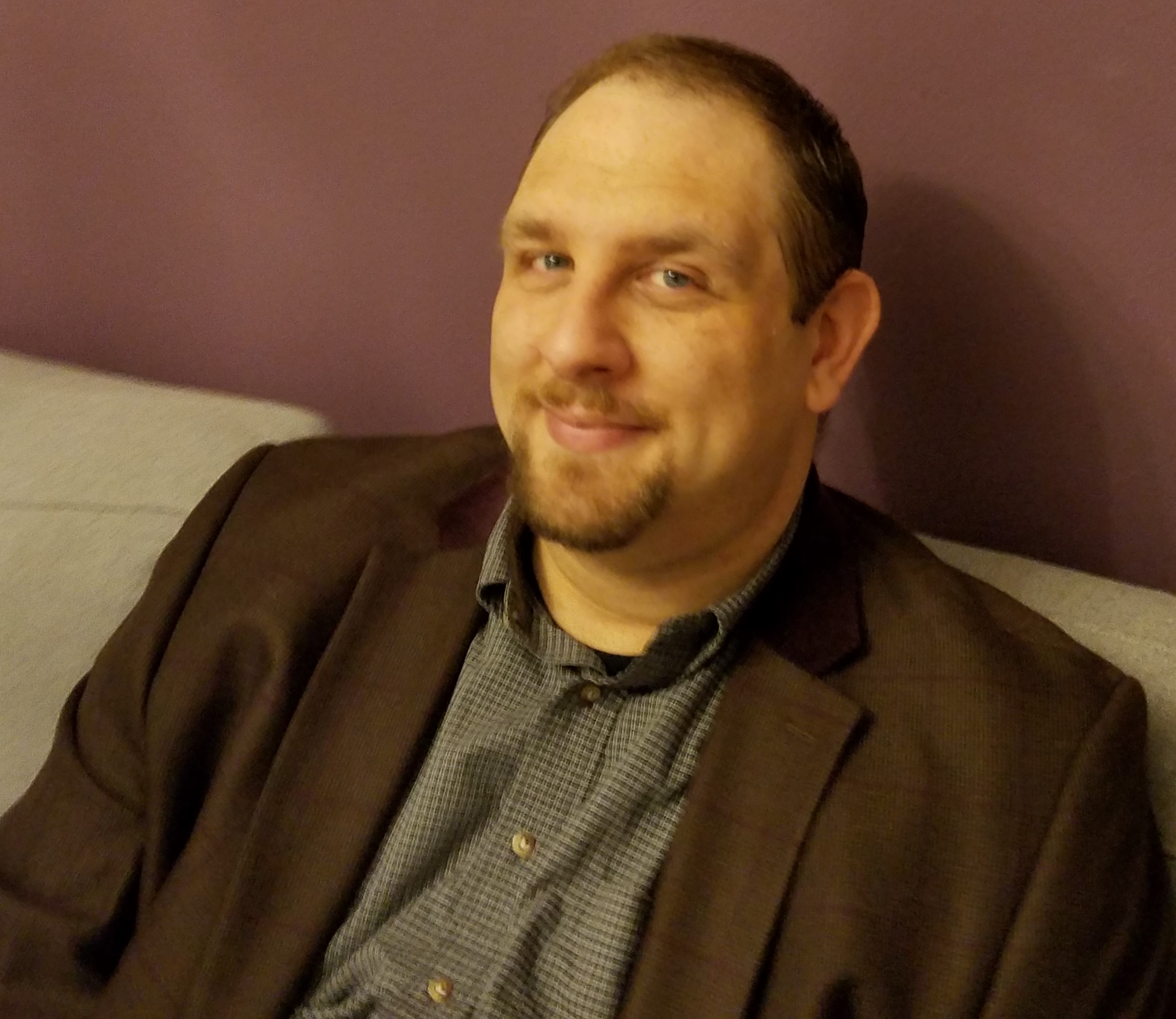The 2016 Childfree Man of the Year is a busy guy! At last, the folks at International Childfree Day recently did this Q&A with him:
Can you tell us about the childfree study you conducted for your Master’s thesis?
My childfree Master’s was done in 2001 and 2002, and was a survey of what motivated childfree people in the United States to choose the childfree life, and some of their social and political views. There were 457 respondents. The major findings were that the childfree could be classified into three groups: those who didn’t like children, those who didn’t like the effects that childrearing would have on their lives (which isn’t the same as not liking children themselves), and those who had a rationale aside from the direct or indirect repercussions of having children (e.g., environmental concerns, not wanting to pass on hereditable conditions).
The social and political views of the sample covered a lot of areas. Noteworthy findings were a strong support for the availability of and access to temporary and permanent contraceptive options, broad-based environmental concerns, and strong support for same-sex marriage and/or civil unions. While support for same-sex marriage has a lot of social and legal support in 2016, this was not a particularly common view in 2001.
What inspired you to study stereotypes regarding childfree persons in comparison to childless people and parents for your dissertation in social psychology? What were the results of the study?
The childfree as a group hasn’t been the topic of a great deal of research. While there has been some research as to stereotypes of the childfree over the past few decades, there hasn’t been what I consider to be a start-from-the-beginning study of it in quite some time. It’s important to periodically start from scratch when determining the stereotypes of groups and how they differ from other groups, because stereotypes can (and frequently do) change over time. The results covered a lot of ground, but here are a few key findings:
- Parents are viewed as warmer than childfree women and men, and parents are also perceived to have higher levels of the traits that society expects women in general to possess. These traits are generally classified as being more nurturing and focusing on the needs of others.
- Compared to childfree men, fathers are not perceived as having stronger or weaker levels of traits that society expects men to possess (such as ambition, having business sense, and being self-reliant). Childfree women are seen as having significantly higher levels of these traits than mothers, however.
- Statistical analyses were used to determine the traits that could most differentiate childfree women from mothers, and childfree men from fathers, based on people’s perceptions of those groups. For women, these traits included being career-oriented, independent, and not being oriented toward family life or children. Childfree women scored significantly higher on those traits than did mothers. For men, the traits were family and nurturing centric, and included liking children, being married, being caring, and being gentle. Fathers scored significantly higher than childfree men on this group of traits.
I’m in the process of working on manuscripts based on this research, so hopefully it’ll enter the academic literature within a couple of years.
Why did you choose the childfree life?
Up through my late teens, I assumed one day in the far-off future I’d be a father. In freshman year of college, I met Laura, who I’d eventually marry. We knew our relationship was serious from the beginning, so we started talking about the “big” issues, like our career goals, deeply held personal and political values, and ideas about parenthood. These were ongoing discussions, and when we were 19, Laura came across a mention of the childfree online. We started discussing it, and we both came to the conclusion, together and independently, that neither of us actually wanted to be parents. The more I thought about it, the more obvious it seemed to me. Fatherhood never had any real appeal to me, and even as a kid I was more comfortable around adults than other children.
I decided two things. First, that I wanted a vasectomy. Second, that I needed to make completely sure I wouldn’t change my mind! Every day for one year, I’d think about if I had to make the decision that day, if I’d have a vasectomy. For 365 days, that answer was a clear “yes.” Laura and I also continued to discuss it, and weighed the pros and cons. I’m introspective by nature, so this was something I took very seriously. Finding the right doctor took time, but I eventually had my vasectomy at twenty-three. I’m 39 now, and haven’t regretted it once. Some of my friends have kids, and I couldn’t be happier for them. But there’s a world of difference between being happy for someone else and wanting their lifestyle.
In your view, where does society stand with regard to accepting the childfree choice?
I think it’s mixed. Courtesy of the internet, the past 25 years have allowed people to learn that being childfree is an option for one’s life, and has allowed childfree people to find each other. The media, be it television, print, or online, seems to periodically take an interest in the childfree, and the coverage usually is either neutral or somewhat positive on the whole. So that’s the good news.
Bad news part one is that entertainment media (sitcoms, movies, etc.) still generally show the childfree as selfish, hedonistic, or in the case of men who don’t show an interest in parenthood, being immature man-children. Having a kid is still portrayed as a civilizing factor, or as a means for a character to “grow up,” or if it happens unexpectedly or unplanned, as a positive, life-changing thing that invalidates their prior desire to be childfree. Childfree characters are typically depicted as flawed, or otherwise negatively. I don’t necessarily think there’s always malice behind it. Parents likely make up a majority of most television audiences, and introducing parenthood to a character is an easy (albeit trite) way to craft more storylines. But it still doesn’t do the childfree any favors.
Bad news part two is more of a gut feeling on my part. Things tend to go in cycles. For some years, more socially liberal ideas push forward, in others, socially conservative and/or “traditional values” do. Given the results of the recent presidential and congressional elections in the United States (and the rightward shift in many countries across the world), we may be headed for a swing back to “traditional” values. That would mean a push back against things like feminism, LGBTQIA rights, and in favor of traditional gender roles. Women who choose to be childfree may be viewed more negatively under these circumstances. I’m uncertain how it might affect childfree men, though I suspect they’ll still be viewed as immature. There’s no guarantee it’ll turn out this way, but it’s definitely possible.
*********
Check out his wife’s nomination of Vincent for the 2016 Childfree Man of the Year Here!
Want to learn more about the 2016 Woman of the Year? Check her out Here!





